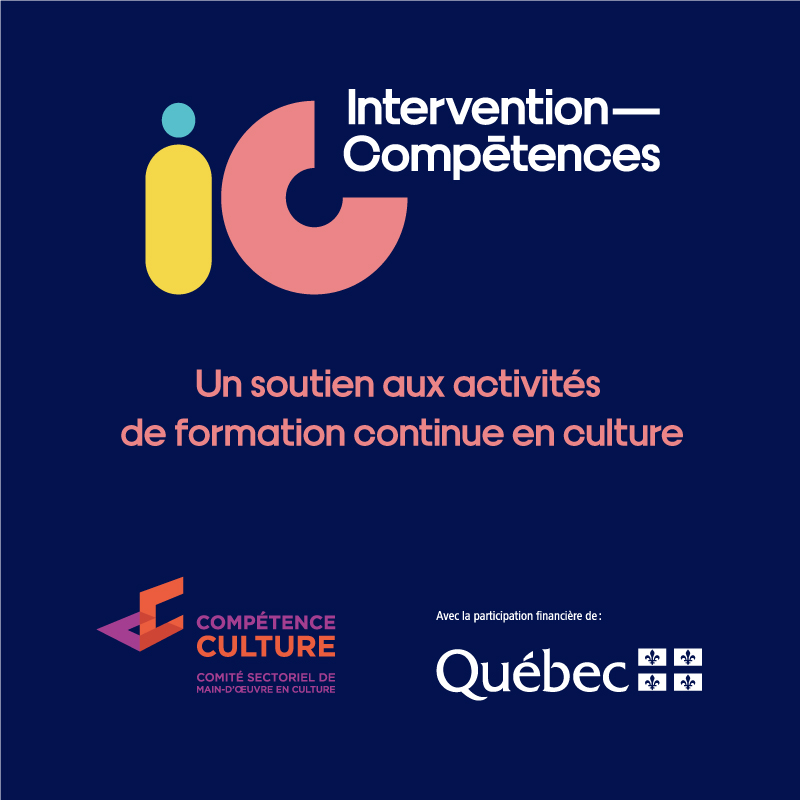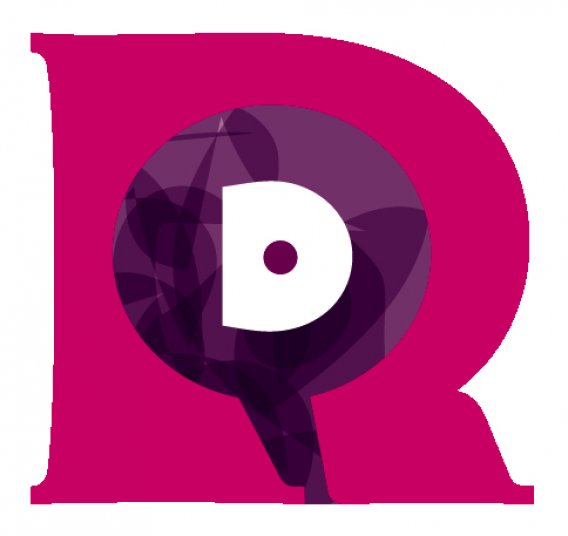Introduction to conscious communication
Cultivate benevolent communication with others and improve your professional relationships
Multi-session course
As you know, the work of all dance professionals, including artists, involves numerous and frequent human relationships that lead them to collaborate, negotiate, direct, demand, inform and so on. These relationships generate their share of challenges, difficulties and even conflicts.
This training, based on the precepts of non-violent communication (NVC) developed by its creator, American psychologist Marshall Rosenberg, aims to introduce artists and dance professionals of all professions to conscious communication. NVC offers concrete tools for overcoming the main communicative sieges, such as judgment and the binary view of the world (good versus evil, true versus false, etc.).
This training will teach you how to develop a more authentic, assertive and empathetic connection with others and with yourself, in order to better manage the tensions inherent in interpersonal communications and improve the quality of your working relationships.
The 14-hour training course will take place face-to-face over two (2) consecutive days, and will include short didactic presentations, interactive reflections, practical exercises, demonstrations and role-playing.
Objectives
- Understand the fundamental principles of Nonviolent Communication (NVC) and grasp the essence of this approach.
- Identify communication pitfalls.
- Anchor an empathetic state of presence and equip yourself with the means to maintain it.
- Integrate the use of conscious communication into your professional life.
Topics covered
1. Understand the fundamental principles of NVC and get to grips with the meaning of this approach :
1.1 Understand the origins of NVC.
1.2 Understand the NVC premise that behind every action or word there is a positive energy at the service of life.
2. Identify communication pitfalls :
2.1 Distinguish between observations and judgments.
2.2 Distinguish feelings from evaluations.
2.3 Distinguish needs from strategies.
2.4 Distinguish requests from demands.
2.5 Use these distinctions in authentic dialogue.
3. Anchor a state of empathic presence and empower oneself to maintain it :
3.1 Understand and experience empathic listening.
3.2 Understand and practice self-empathy.
3.3 Learn to detect when the other is “triggered” (need for empathy).
3.4 Learn to detect when we are “triggered” (need for self-empathy).
4. Integrate the use of NVC in your personal and professional life :
4.1 Practice authentic dialogue.
4.2 Determine concrete actions to pursue NVC integration.
Who can benefit from this training?
To all dance professionals: artists, managers, cultural workers, teachers, researchers, designers, technicians, etc.
Trainer

© Émilie Dumais
Maryse Damecour‘s multi-faceted career path converges on a quest for personal fulfillment. After studying sociology, she pursued a career in contemporary dance for 10 years. Moving from body to mind, Maryse then turned to the study of human psychology.
Holder of a doctorate in psychology from the Université du Québec à Montréal and a candidate for certification in Non-Violent Communication, Maryse now works as a psychologist, trainer and podcaster.
This training, offered by the Regroupement québécois de la danse, is made possible thanks to the financial support of the Quebec government, through the Intervention-Compétences program administered by Compétence Culture.



